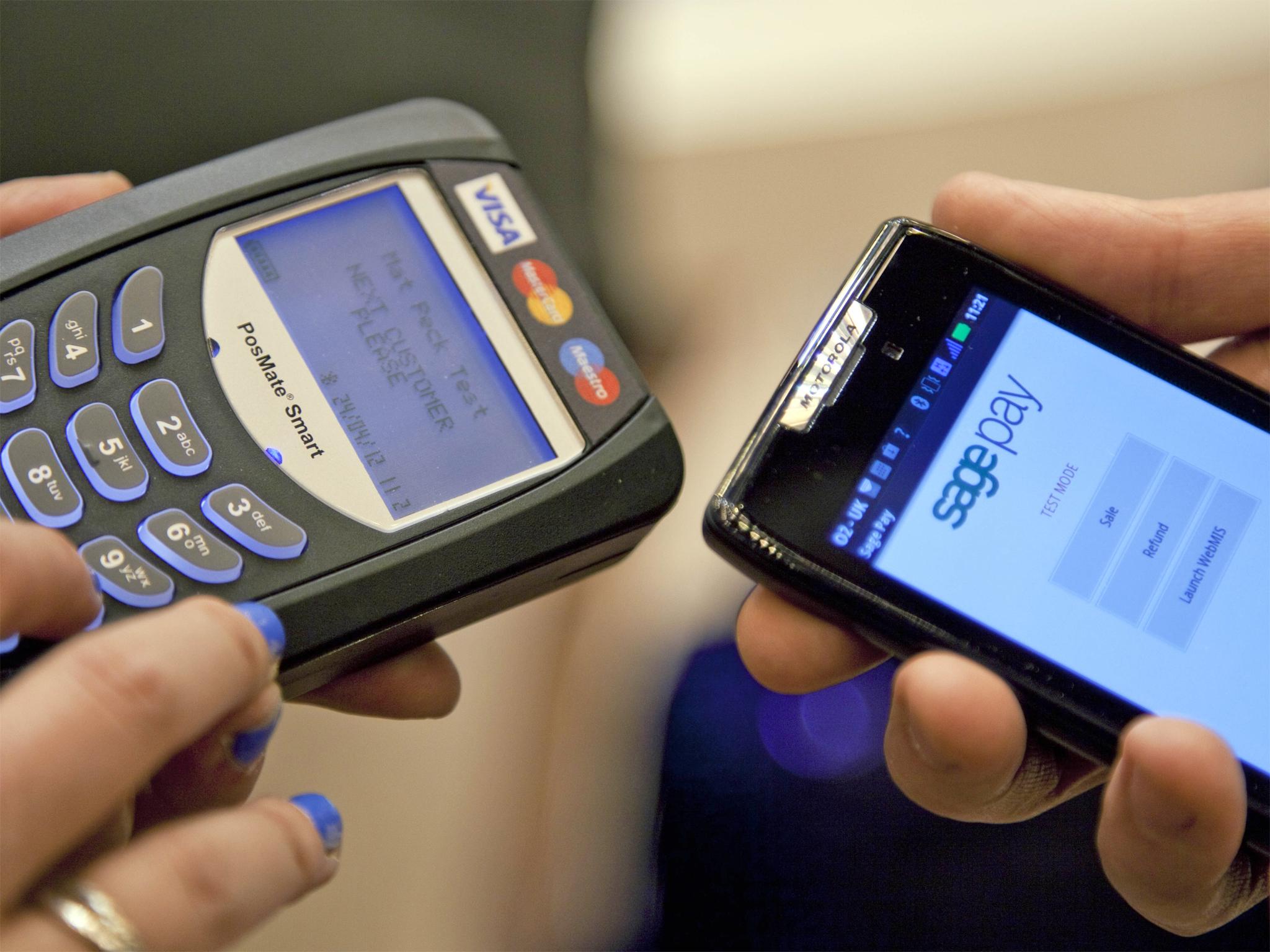Visa's war on cash raises a host of difficult questions
The payments company is considering bringing in incentives which would see British businesses receiving a cash sum for going card only

A matter of days after Matthew Taylor called for an end to the to the “cash in hand economy” in his Government sponsored review into working practices, it has emerged that Visa is doing its bit to hurry that along.
The payments company is amping up its war on cash by considering offering incentives to UK businesses to go entirely cash free, in the wake of a similar scheme launched in the US.
There 50 small businesses – food vendors, restaurants and the like – who take the step will receive $10,000 (£7,700) each.
They also stand to get their checkouts upgraded so they can accept contactless payments, and will further receive marketing support.
With Amazon’s bricks and mortar stores already at that point, the US could soon catch up with trailblazer Sweden, which might become the world’s first cashless society.
Britain won’t be too far behind, with the use of cards and mobile phones growing rapidly. They now account for the majority of payments.
Mr Taylor saw benefits flowing from an end to under the table cash payments, not least because they often go undeclared and untaxed.
But the advent of a cashless society poses many more risks.
It is a lot easier to overspend on a card, for example. You only need to look at the behaviour of people who indulge in online gambling to realise that.
Britons already save too little, spend too much, and borrow too much to do so. A cash free society has the potential to exacerbate that problem.
Then there is the question of the increased power it would hand to payments companies. They are very large, few in number, and have pricing power over the businesses they serve.
Companies like Visa extract a hefty tribute from all the economies in which they work through the fees they charge to retailers and other consumer-facing businesses, which add up to hundreds of millions of pounds a year.
People who pay by cash are effectively subsidising those fees, because, while they pay the same price as card based customers the retailer doesn’t pay a fee on their transactions.
Finally there are the unbanked, for whom card or mobile phone based payments are not an option. The Financial Inclusion Commission says Britain is ranked ninth in terms of banking inclusion by the World Bank, which is good.
It has its basic banking accounts, and they are offered by all the big four high street players.
However, according to the Commission there are still 1.5 million adults in this country who do not have a bank account. Only half of them actually want one.
Those people are typically poor, and often very vulnerable. The advent of a cashless society will not be good for them.
In response to Visa’s initiative, Which? responded sharply by saying that “businesses should be led by how their customers want to pay, and not by the incentives offered by card firms”. Indeed so.
However, Visa’s move might still prove to be of benefit. The questions I have raised about the cashless society need answering, because it might be coming sooner than any of us think.
If its action serves as a spur to get policy makers and regulators thinking more deeply about them, and formulating plans to deal with the problems posed by a cash free UK, that would be a welcome development.
Join our commenting forum
Join thought-provoking conversations, follow other Independent readers and see their replies
Comments
Bookmark popover
Removed from bookmarks